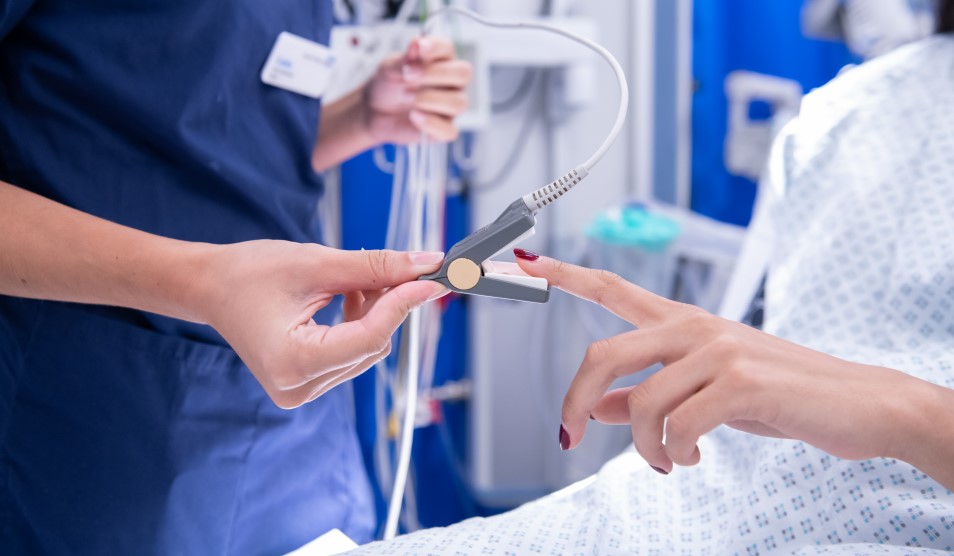Haemo dialysis
Contact
- Hammersmith Hospital
- 020 8383 6628
Visitor Information
Translation help:
To translate this page into your preferred language, click the Google Translate icon in the top-right menu and select your desired language.
Dialysis is usually discussed as an option with people whose kidneys are failing so that they can make a choice as to how they wish to be treated to maintain a fulfilling life. Treatment choices include:
- home therapy (either peritoneal dialysis or home haemodialysis)
- a center-based haemodialysis.
What is haemodialysis?
Haemodialysis involves removing blood from the body, filtering it through a dialysis machine and returning it back into the bloodstream.
There is the option to dialyse at home rather than in centre; if this is something you are interested in, please ask about this option and we will help you to see if this can be achieved with training from our home therapies team.
In order to perform haemodialysis, patients need a form of access..
Many people are equally suited to either option. However, for a variety of reasons, our specialists may guide you towards a particular type of dialysis if we feel it is the better treatment option for your circumstances.
We will provide you with a range of information to help you decide. Before being accepted onto either of these programmes you will need a formal assessment, which will be explained in more detail at your hospital appointment.
Please read the patient information leaflet Medicines for people having dialysis (PDF, 560KB) for further support information.
Kidney Dialysis Information Centre
Kidney Failure Patient Decision Aid App
Latest news See all news
-
 Read the full story
Read the full storyPatient wins at first ever Transplant Euros Championship
One of our patients has been part of the winning team at the first ever Transplant European Football Championship.
-
 Read the full story
Read the full storyTrust recruits first UK patients to international kidney studies
The renal research team at Imperial College Healthcare NHS Trust have recruited the first UK patients to two international kidney trials.
